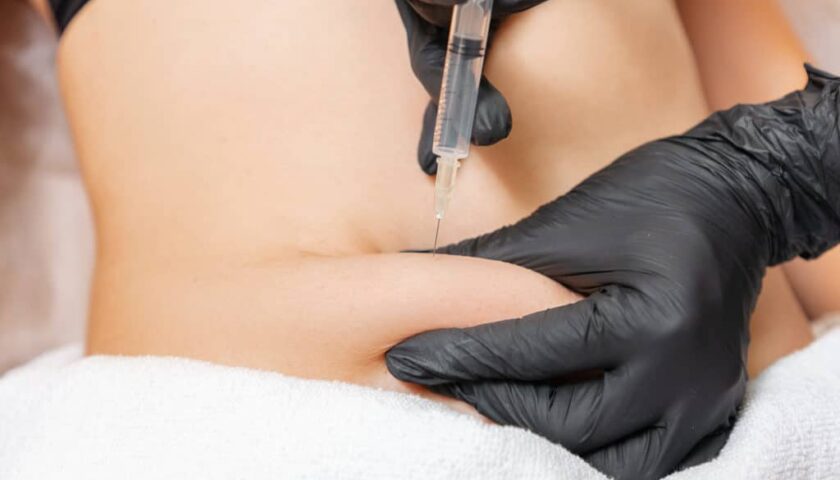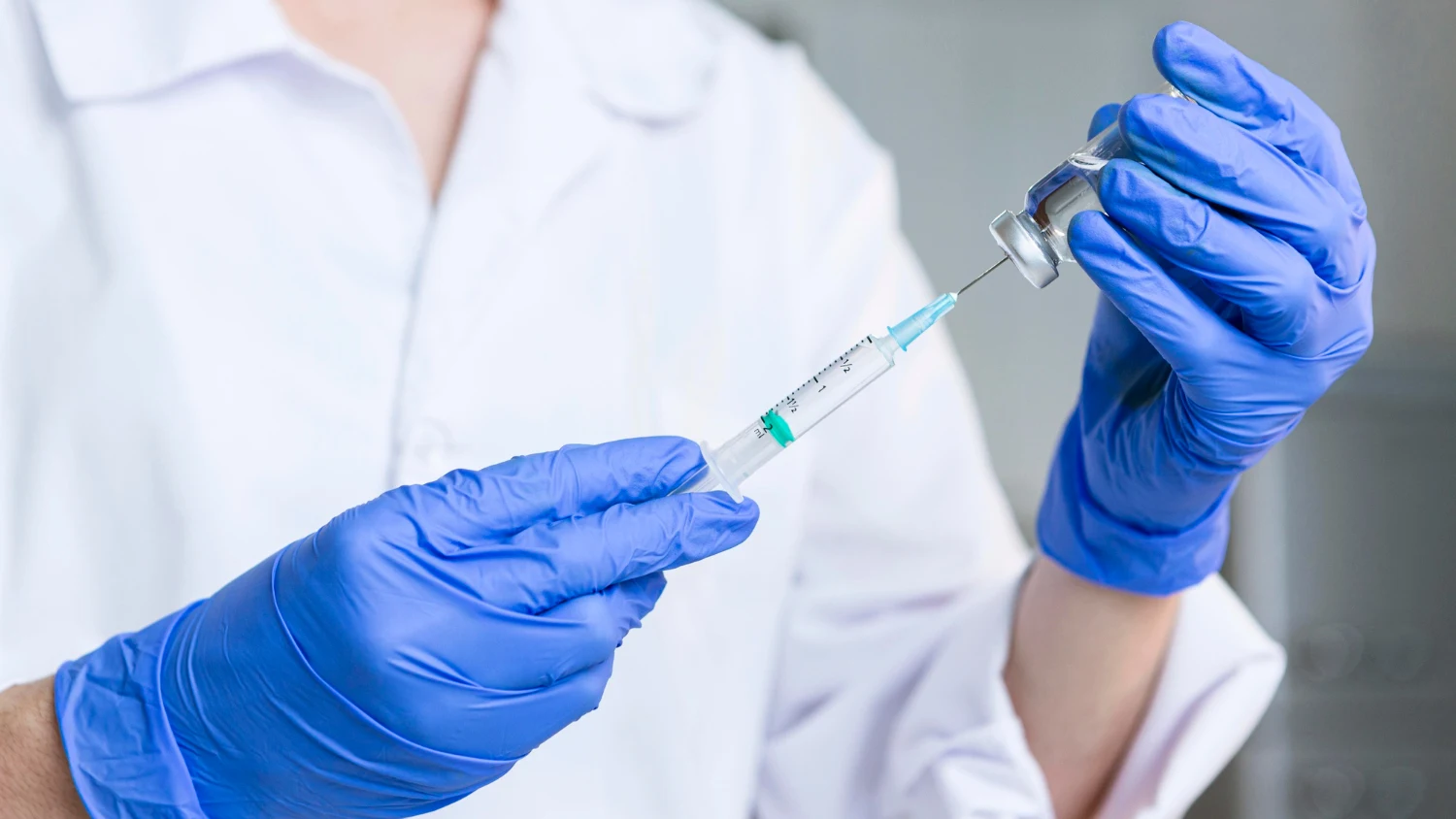As the demand for effective weight loss solutions grows, many individuals are turning to new and alternative treatments to help them shed excess pounds. One such method gaining attention is lipotropic injections. These injections, often marketed as a quick solution to target stubborn fat, are frequently used in weight loss programs. But are they as effective as promised? In this article, we will explore lipotropic injections, their potential benefits, the science behind them, and the risks involved.
What Are Lipotropic Injections?
Lipotropic injections are a combination of various nutrients designed to promote fat loss and enhance metabolism. These injections contain a blend of essential compounds such as methionine, inositol, choline, and sometimes vitamin B12. Each of these ingredients plays a specific role in supporting the body’s fat metabolism and overall energy production.
The primary goal of lipotropic injections is to support the liver in breaking down and processing fat. By stimulating the body’s natural fat-burning mechanisms, these injections are intended to reduce fat accumulation, boost energy, and support a healthier metabolism.
Key Ingredients in Lipotropic Injections
The effectiveness of lipotropic injections can be attributed to their specific ingredients. Below is a closer look at the components that make up these injections:
- Methionine: Methionine is an essential amino acid that helps with fat breakdown by converting fat into energy. It is also a potent antioxidant that aids in detoxification and supports liver function. Methionine works synergistically with other nutrients to reduce fat buildup in the liver and boost metabolism.
- Inositol: Inositol, a type of sugar alcohol, is often included in lipotropic injections for its role in fat metabolism. It is believed to help prevent fat accumulation, especially in the liver, and improve insulin sensitivity. By improving the body’s response to insulin, inositol may aid in the management of blood sugar levels, contributing to overall weight control.
- Choline: Choline is essential for liver health and fat metabolism. It helps break down fats and prevent them from accumulating in the liver. By assisting in the production of phospholipids, which are key components of cell membranes, choline plays a critical role in maintaining healthy liver function and reducing fat buildup.
- Vitamin B12: Vitamin B12 is frequently included in lipotropic injections for its ability to boost energy levels and improve overall metabolism. B12 helps the body convert carbohydrates into glucose, which is then used as energy. This can support increased physical activity, helping individuals burn more fat during exercise.

How Do Lipotropic Injections Work?
The main function of lipotropic injections is to accelerate fat metabolism by supporting the liver’s ability to break down and process fat. Here’s a closer look at how they work:
- Improved Fat Breakdown: Lipotropic injections enhance the body’s ability to metabolize fat by supplying nutrients that support liver function. As the liver processes fat more efficiently, the body is better able to utilize fat as an energy source, reducing overall fat storage.
- Increased Fat Burning: Lipotropic compounds are designed to increase fat-burning capacity. The ingredients in the injections work together to promote the breakdown of fat tissue, particularly in hard-to-lose areas like the abdomen, thighs, and hips. This can lead to more noticeable weight loss when combined with regular exercise and a balanced diet.
- Energy Boost: One of the added benefits of lipotropic injections is the inclusion of B vitamins, particularly B12. Vitamin B12 supports energy production by helping the body convert food into fuel. This can improve overall energy levels, which may enhance exercise performance and motivation, aiding in weight loss efforts.
- Liver Health: Since the liver plays a crucial role in fat metabolism, the compounds in lipotropic injections help support liver function, ensuring that the body processes and eliminates fats more effectively. This can prevent fat buildup in the liver and promote overall liver health.
Effectiveness of Lipotropic Injections for Weight Loss
While lipotropic injections are advertised as a fast-track solution for weight loss, it’s important to consider their effectiveness within the context of a broader weight loss plan. Lipotropic injections are not a miracle cure and work best when used alongside a healthy diet and regular exercise.
- Enhancing Diet and Exercise: Lipotropic injections are designed to complement a weight loss program, not replace one. For optimal results, they should be combined with a healthy diet rich in whole foods and a consistent exercise regimen. When used as part of a comprehensive weight loss plan, lipotropic injections may help accelerate the fat-burning process and improve overall energy levels.
- Targeting Stubborn Fat: Many people report seeing results in areas of the body where fat is more resistant to traditional weight loss methods. For example, the belly, thighs, and back are areas where fat tends to accumulate and is harder to burn. Lipotropic injections can help target these areas by supporting fat breakdown and boosting fat-burning potential.
- Short-Term Results: Some individuals experience short-term weight loss and a noticeable energy boost after receiving lipotropic injections. However, these results may not be sustained over time without a continued focus on diet and exercise. Like most weight loss treatments, lipotropic injections are most effective when used consistently as part of an ongoing lifestyle change.
- Individual Responses: The effectiveness of lipotropic injections varies depending on individual factors such as metabolism, lifestyle, and overall health. While some people may experience significant weight loss, others may see more modest results. Additionally, the injections work better for individuals who already maintain a healthy diet and exercise routine.
Potential Side Effects and Risks
Although lipotropic injections can provide benefits, they come with certain risks and potential side effects. These should be considered before deciding whether to proceed with the treatment.
- Injection Site Reactions: As with any injection, lipotropic injections can cause localized reactions at the injection site. These may include pain, redness, or swelling. These side effects are typically temporary and subside within a few hours or days.
- Gastrointestinal Issues: Some people may experience digestive discomfort, including nausea or diarrhea, after receiving lipotropic injections. These side effects are usually mild and can be alleviated by adjusting the dosage or frequency of the injections.
- Allergic Reactions: Although rare, some individuals may have allergic reactions to the components in the injection. Symptoms may include itching, hives, difficulty breathing, or dizziness. If any of these symptoms occur, medical attention should be sought immediately.
- Overuse and Liver Stress: Since lipotropic injections work by supporting liver function, excessive use of these injections could place stress on the liver. It’s important to follow the recommended dosage and consult a healthcare provider before starting treatment to ensure that the injections are appropriate for your health status.
Who Should Consider Lipotropic Injections?
Lipotropic injections may be a good option for individuals who meet the following criteria:
- Struggling with Stubborn Fat: If traditional weight loss methods have failed to target problem areas like the belly, thighs, or hips, lipotropic injections may provide an additional boost to fat metabolism.
- Seeking Increased Energy: If you feel fatigued and are struggling to stay motivated for exercise, the B12 in lipotropic injections can help increase energy levels, making it easier to stick to an active lifestyle.
- Have a Healthy Diet and Exercise Routine: Lipotropic injections work best when used in combination with a healthy diet and regular exercise. Individuals who are already committed to a weight loss program may find these injections a helpful addition.
Conclusion
Lipotropic injections offer a potential solution for individuals looking to enhance their weight loss efforts. While they can support fat metabolism, increase energy levels, and improve liver function, they should not be seen as a quick fix. Sustainable weight loss requires a balanced approach that includes proper nutrition, regular exercise, and consistency.
Before considering lipotropic injections, it is important to consult with a healthcare professional to determine whether they are appropriate for your needs. Remember, the most successful weight loss journey is one that incorporates healthy lifestyle changes and long-term habits.





